Act of Production and A Cocktail Jewel
Reading Time: 5 minutes.
We approach an election and Halloween, both of which can be a bit troubling. To distract us, here are a few notes about law, cocktails, and crime fiction.
LAW
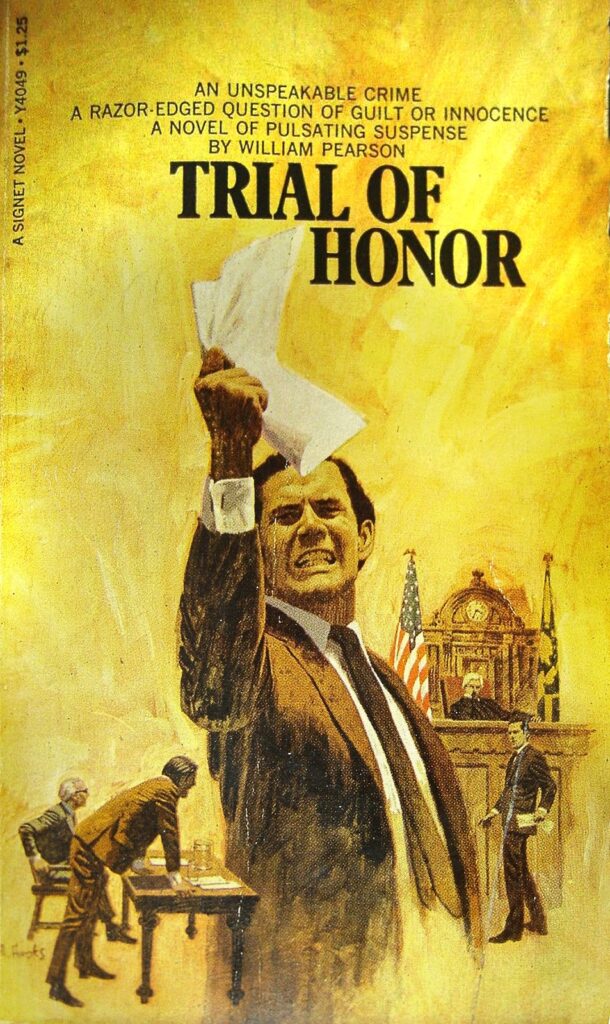
Jack Townsend writes his Federal Tax Crimes blog “principally for tax professionals and tax students” but his notes often have wide application to white-collar matters generally. I excerpt below his take on a recent case about the act of production doctrine and the “foregone conclusion” exception:
In United States v. Fridman, ___ F.3d ___ 2020 U.S. App. LEXIS 28449 (2d Cir. 2020), CA2 here and GS here, the Court held that the Government had overcome Fridman’s claim of Fifth Amendment privilege (via Act of Production doctrine) under the foregone conclusion doctrine which requires “the Government must establish with reasonable particularity its knowledge as to (1) existence of the documents, (2) the taxpayer’s possession or control of the documents and (3) the authenticity of the documents.” Fridman, Slip Op. 13. The Court also held that a “traditional trust” is a collective entity that could not assert a Fifth Amendment privilege.
I focus here on the Act of Production Doctrine under which production can be testimonial and the exception known as the foregone conclusion doctrine. The Court discusses and applies these concepts at Slip Op. 13-29. Readers can study the opinion for the particular application of the law to the facts. I thought that it would be most helpful to most readers to excerpt the general discussion of the applicable law. I do caution that the Court calls it the Act of Production Privilege; the privilege involved is the Fifth Amendment privilege; Act of Production is not a separate privilege but a doctrine as to a particular application of the Fifth Amendment privilege.
The Second Circuit summarized doctrine:
The Fifth Amendment provides that no person shall be compelled in a criminal case to be a witness against himself. U.S. Const. amend. V. In Fisher v. United States, 425 U.S. 391, 409-11 (1976), the Supreme Court defined the contours of the Fifth Amendment as it applies to document requests. The Court held that documents voluntarily prepared prior to the issuance of a summons were not compelled testimony, so there was no Fifth Amendment protection for the contents of these records. At the same time, however, the Court recognized a narrow privilege against the act of production. Because producing documents tacitly concedes the existence of the papers demanded and their possession or control by the taxpayer as well as the taxpayer’s belief that the papers are those described in the subpoena, the Court concluded that the act of production could, in some cases, communicate incriminatory statements and thus may fall under the Fifth Amendment’s protection against self-incrimination; but the Court hinted that such a determination would be conditioned on the facts and circumstances of particular cases. Similarly, when a defendant must make extensive use of the contents of his own mind in identifying the hundreds of documents responsive to the requests in the subpoena, he or she contributes to a “link in the chain” of their prosecution in violation of the Fifth Amendment privilege. United States v. Hubbell, 530 U.S. 27, 42-43 (2000).
Read the entire post here.
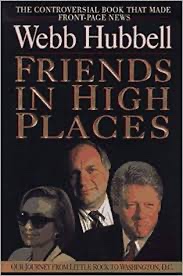
Hubbell case is another good starting point for an understanding of the doctrine and its exceptions, especially in the Kastigar context. See Lance Cole, “The Fifth Amendment and Compelled Production of Personal Documents After United States v. Hubbell,” 29 Am. J. Crim. L. 123, 189 (2002) available here. (Here is Hubbell). Finally, consider Thomas Kiefer Wedeles, “Fishing for Clarity in a Post-Hubbell World: The Need for a Bright- Line Rule in the Self-Incrimination Clause’s Act of Production Doctrine,” 56 Vanderbilt Law Review 613 (2019), available here.
COCKTAILS
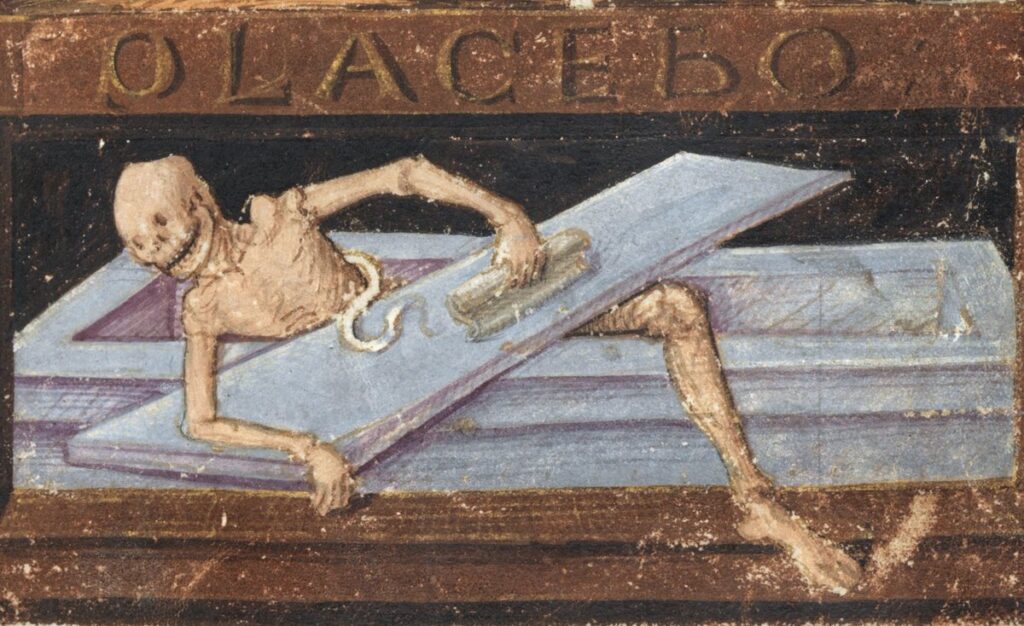
Law review articles can be a bit scary. So, herewith two drinks.
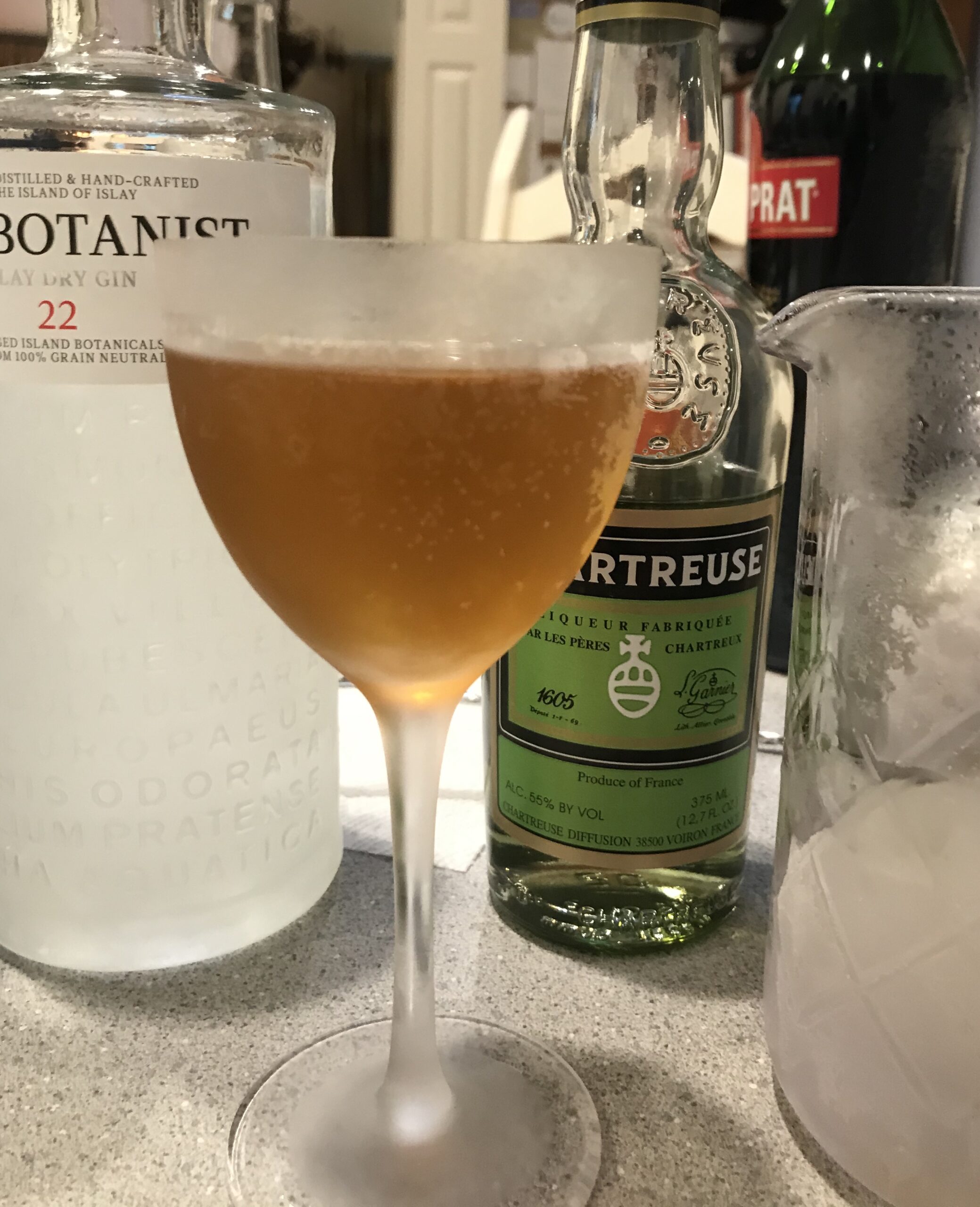
The Bijou is a wonderful drink. Here’s a version from David Lebovitz:
The revised version of the Bijou uses 3/4 ounce of sweet red vermouth. I prefer it with 1 ounce but you can use either. If you have absinthe on hand, you can use that to “wash” the glass before adding the mixture. Otherwise you can use orange bitters, homemade or store-bought.
1 1/2 ounces gin
3/4 ounce green Chartreuse
3/4 to 1 ounce sweet vermouth
2 dashes orange bitters, or a bit of absinthe
lemon twist, for garnish
1. Add the gin, Chartreuse, and vermouth to a cocktail mixing glass. If using orange bitters, add those as well. Fill two-thirds with ice and stir briskly until well-chilled, about 15 seconds.
2. If using absinthe, add a small amount of absinthe to a chilled coupe glass, then shake out the excess. Pour the drink into a glass and garnish with lemon twist.
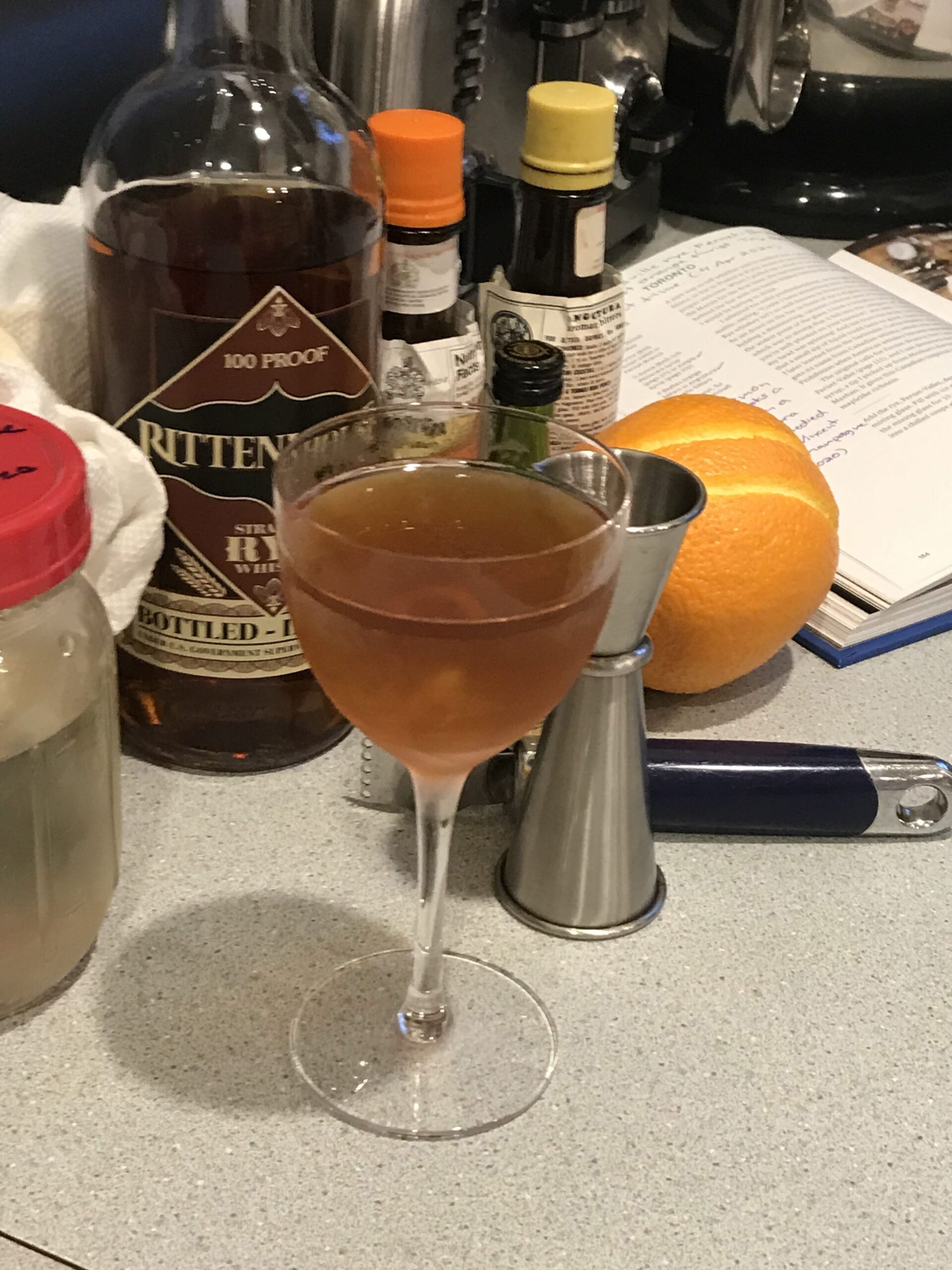
A second cocktail, apt for the Fall, is “The Toronto,” also from Lebovitz:
I made a batch of Torontos and put them in a little aging bottle, which is kind of fun to experiment with. Any bitters that you like would work, such as orange, cardamom, Angostura, or another favorite. To make simple syrup, boil together equal parts sugar and water, stirring, until the sugar is completely dissolved. Let cool to room temperature. You can use 1/4 cup (60ml) water to 1/4 cup (50g) sugar or increase it, if you plan to make more. Any extra can be kept in the refrigerator for a few weeks.
4 ounces rye whiskey or Canadian whisky
1/2 ounce Fernet Branca
1/2 ounce simple syrup
2 dashes bitters (see headnote)
2 thin strips orange or tangerine zest
1. Fill a small pitcher halfway with ice. Add the whiskey, Fernet Branca, simple syrup, and bitters. Stir continuously for about a minute, until the mixture is well-chilled.
2. Strain into two cocktail classes and add a strip of orange or tangerine peel to each cocktail.
CRIME FICTION
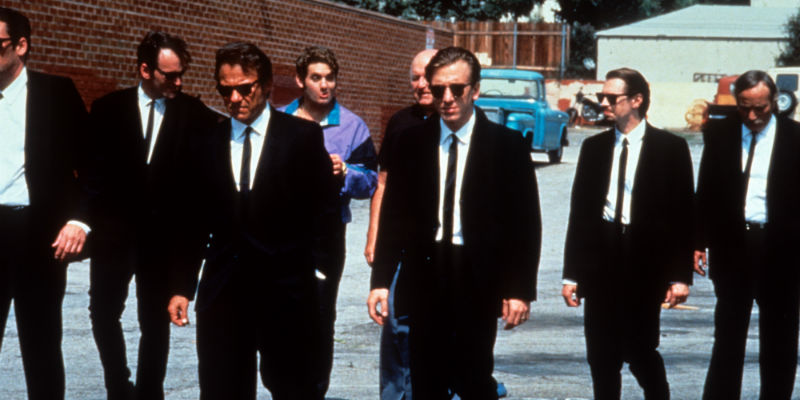
Here from “Crimereads” is a useful list of The 50 Most Iconic Heist Movies.
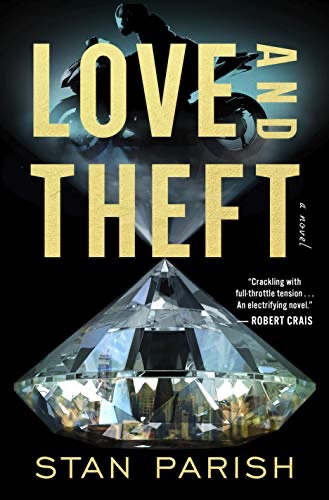
On the subject of “heists,” I recently read Love and Theft by Stan Parish, a classic repercussions-from-the-theft piece. Great Stuff. Should also win the award for Straightforward Title.

Finally, a story about Scott Turow and the lawyer-writer: My First Thriller